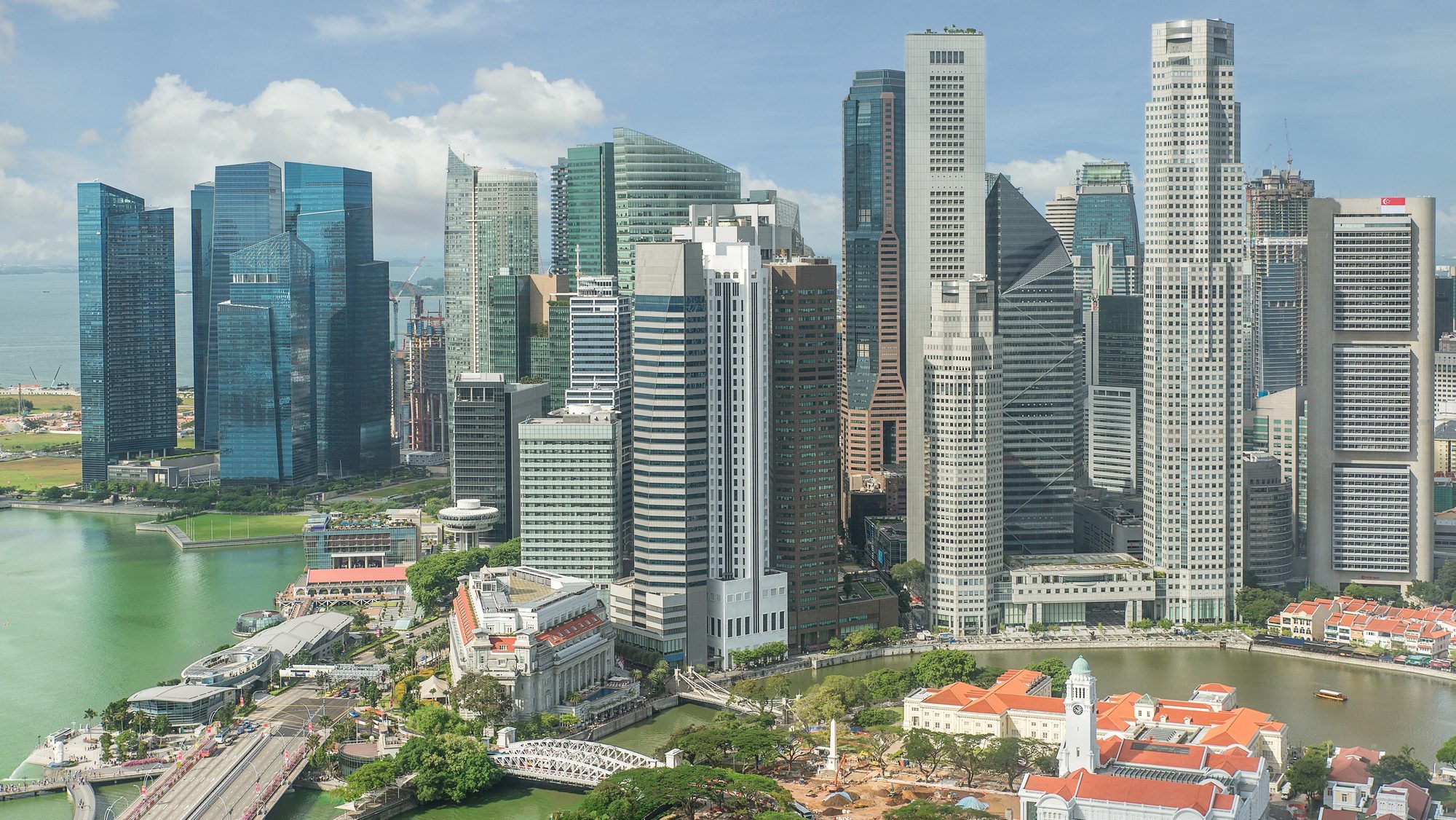SINGAPORE: Recent changes to Singapore’s land betterment charges (LBC) have reflected “underlying weaknesses” in the property market, according to property consultancy company JLL.
The Singapore Land Authority (SLA) has updated the LBC rates for various property categories, effective from Sept 1, 2024, to Feb 28, 2025.
The revised rates cover commercial (Group A), landed residential (Group B1), non-landed residential (Group B2), and hotel/hospital (Group C) uses.
For Group A properties, the average LBC rate has increased by 1.5%, with 52 of 118 sectors experiencing rate hikes of 3% to 5%. Group B1 rates have risen by an average of 2.8%, with 115 sectors seeing increases of about 3%.
For Group C, which includes hotel and hospital land, rates have risen by 0.6% on average, with 16 sectors experiencing increases of 3% to 6%, while the remaining 102 sectors had no change.
Meanwhile, Group B2 rates have decreased by an average of 5.4%, with 116 sectors reporting reductions ranging from 2% to 16%.
According to the Singapore Business Review, JLL’s perspective is backed by Huttons, which noted that the land sales market has been quiet for the past six months. They said this is due to high interest rates, high construction costs, and slow sales at property launches.
Despite these changes, JLL does not foresee a major short-term impact on the overall market. Tan Hong Boon, executive director of Capital Markets at JLL, noted that the impact of the LBC revision on the market is expected to be “less significant in the short to immediate term.”
JLL added that the anticipated US rate cut in September could help clear the “fog of uncertainty” surrounding Asian investment markets. If this rate cut occurs, Huttons predicts that borrowing rates in Singapore will decrease.
Huttons explained that a lower borrowing rate would allow buyers to qualify for larger loans.
For instance, with a combined monthly income of S$16,000 and a 30-year loan tenure, buyers could borrow up to S$1.7 million. A 50 basis point reduction in the stress test interest rate could increase this amount by S$100,000, raising the maximum loan to S$1.8 million.
Huttons added that this potential shift could prompt buyers currently waiting on the sidelines to enter the market, potentially driving up prices and encouraging developers to acquire more land sooner.
However, Huttons noted that developers will likely remain cautious with land bids, keeping LBC rates for Group B2 properties to “stay stable moving forward.”
JLL also anticipates that investor interest will grow following these rate cuts, which could lead to positive revisions in LBC rates at future reviews.
For more information on the revision of LBC rates, check here. /TISG
Featured image by Depositphotos

